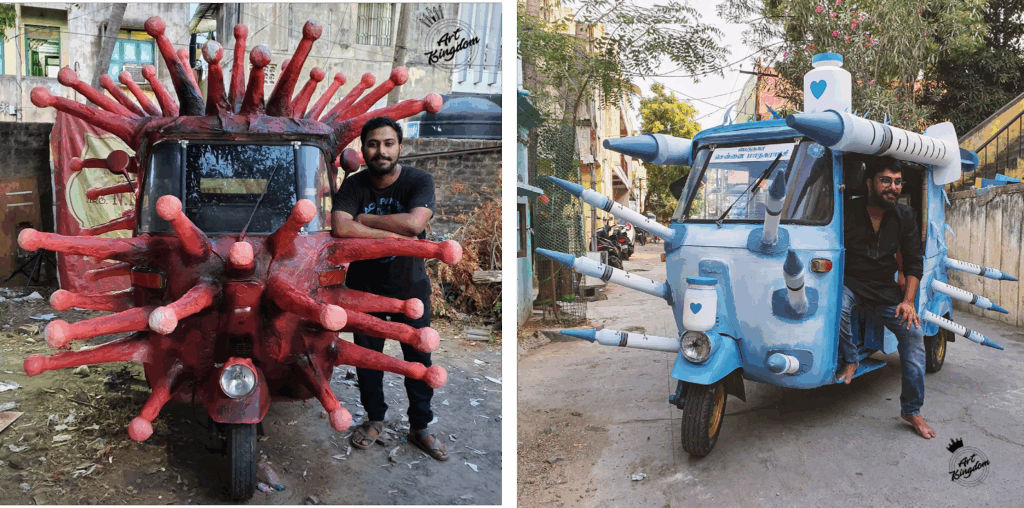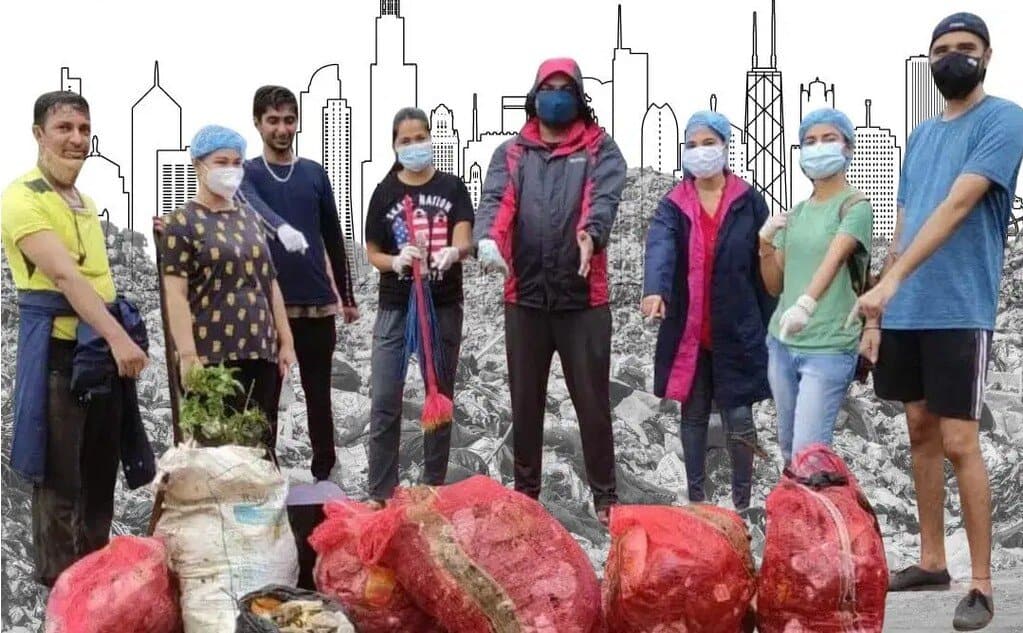The Oorvani Change Network recently convened its third session, ‘Cleaning for Change’, bringing together civic leaders from Mumbai, Bengaluru and Chennai to discuss how citizen-led efforts are transforming public spaces. Moderated by Shruti Gokarn, a reporter for Citizen Matters, the session highlighted powerful, inspiring stories of shared challenges and innovative solutions in waste management across diverse urban neighbourhoods.
Mario Fishery: Patience, Process and Partnerships in Mumbai

Civic leader Mario Fishery shared his journey tackling waste management in his Bandra neighbourhood, emphasising that solving big problems requires patience and embracing failure as a path to learning and process improvement.
Mario applied the design thinking process — starting with empathy (speaking with residents to understand why trash was dumped) before defining the core problem (often lack of communication about van timings) and ideating solutions. Initial efforts included signboards, a community WhatsApp group, and door-to-door pickup coordinated with the BMC (Municipal Corporation).
However, success was limited, showing that education had failed miserably in achieving high segregation rates (only 7-8% adherence in his area), leading Mario to conclude that stricter fines might be necessary.
A crucial lesson Mario stressed was the need for accountability (encouraging locals to install CCTVs) and building strong relationships and trust with the BMC and local political figures. His personal mantra is: Listen before prescribing any solutions.
Ashish Patel: Building Community in Bengaluru’s L Street

Ashish Patel detailed the transformation of Koramangala’s “L Street” into a cleaner, greener, and prettier neighborhood. Starting in 2012, 75 residents were inspired by the “Ugly Indians” movement to fix local black spots. The sustained effort led to the formation of ‘Friends of L Street’.
Ashish learned that simply getting onto the street and doing something—the “Muh band Kaam chalu” approach—is the best way to start. He found that the greatest success factor was building the community. Neighbours across 33 homes and three apartments now know each other. The community celebrates small wins by ensuring the street remains clean enough for people to be willing to eat there. There are annual Diwali get-togethers right on the street.
He also emphasised that maintenance is crucial, noting that a one-time fix is useless unless a system for continuous monitoring is in place.
Gautam B: Upcycling Waste for Social Impact in Chennai

Gautam B, founder of Walk for Plastic, showcased a model that blends environmental action with educating underprivileged children. Since 2019, the initiative involves volunteers collecting recyclable plastic and selling it to recyclers. The proceeds are used to support the education, upskilling and nutrition of children, particularly those within the waste management chain.
Gautam shared that the movement quickly spread to 240 chapters across five continents, emphasising the idea that one plastic item donated can educate one child. He is now moving beyond simple recycling (downgrading) towards upcycling through his new venture, Chakra, which converts waste plastic into high-value items like durable eco-tiles and trophies. Such upcycling generates double the value when compared to selling the same to a traditional scrap dealer, with the funds going directly to support children’s education.
All speakers underscored the critical need for empathy and realising that waste management is often a “gateway drug” to broader social engagement. The consensus was clear: while individual efforts are vital, building strong community ties and advocating for systemic change — where the system is designed to cater to the needs of all citizens — is essential for long-term success.

